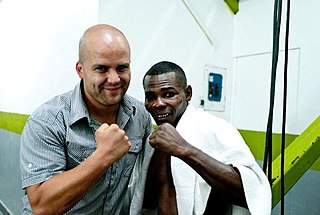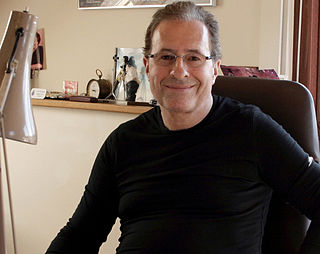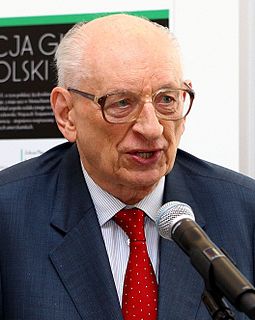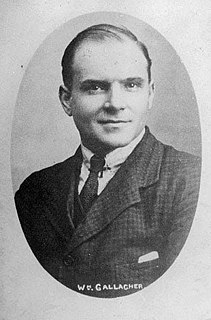A Quote by Brin-Jonathan Butler
A profoundly disturbing thing you discover very quickly traveling in Cuba is that the most dangerous person for Cubans isn't the police or even the secret police; it's their neighbor. Anyone can report you for anything 'outside' the revolution - even if you haven't done it yet.
Related Quotes
The biggest thing that will define my legacy is how I've done it, and what I've done, and who I am. I'm a weird big guy. Doing rapping, doing movies. Do a lot of stuff. But always do things the right way. Went to the police academy to become a police officer. Get his master's in criminal justice, stayed out of trouble. Played for three different teams. Changed three different franchises around. This is a guy who they would have secret meetings about to change the rules. So, that's going to be my legacy: the most dominant player ever.
Many White people are not sensitive to the kind of abuse that African Americans, especially younger African Americans, receive at the hands of police officers and police departments. I think for most Whites their experience with the police has been good or neutral because they don't interact with the police as much as those in the Black community.
A lot of the strings that hold us like puppets are really inventions of our own minds. I'm not saying that there aren't armies and police and various ways to punish deviants, but there isn't any way to punish a large number of deviants. It's too expensive to even try. So, the solution is to colonize the minds of children as they're growing up, so that they become their own police, and to report on others who are deviating.
Helen Crawfurd and the Women's Peace Crusade, made a march on the City Chambers, distributing an illegal leaflet in front of police and even to some of the police as well. The women forced their way into the building and the police had a really tough time trying to get them out. Word spread around that several of them had been arrested and this brought out new and very threatening demonstrations.

































